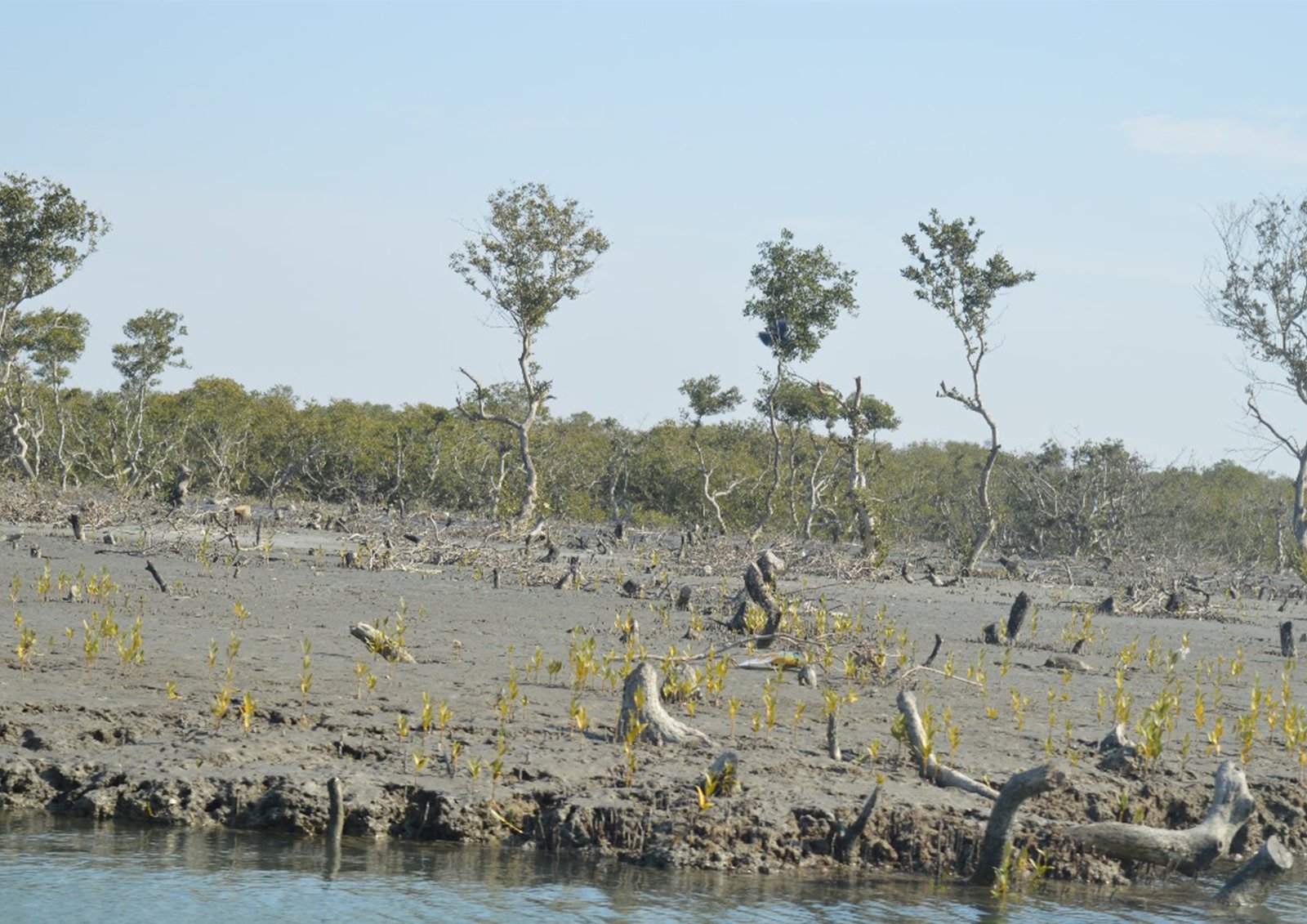
Deforestation in Pakistan and Its Role in Increasing Flood Risks
WWF-Pakistan Raises the Alarm
WWF-Pakistan has expressed grave concerns regarding the rapid rate of deforestation in the country, emphasizing its direct link to the increasing intensity of floods. According to the organization, Pakistan loses more than 11,000 hectares of forest annually due to a combination of land conversion, illegal logging, and urban expansion. This trend has left the nation dangerously vulnerable to natural disasters, particularly floods that have repeatedly devastated communities across the country.
Declining Forest Cover in Pakistan
Pakistan’s forest cover has dropped to just 5% of its total land area, the lowest percentage in South Asia. This alarming figure highlights the urgent environmental crisis the country faces. Forests are not just natural habitats; they serve as protective shields against soil erosion, regulate local and regional climates, and act as natural barriers to floods. When forest areas are cleared, the land loses its ability to absorb rainfall, leading to faster surface runoff and higher risks of flash floods and prolonged inundation.
Forests as Natural Defenses Against Disasters
Experts underline the importance of forests in minimizing disaster risks. Tree roots stabilize soil and prevent landslides in mountainous areas, while canopy cover reduces the impact of heavy rainfall on the ground. Forest ecosystems also slow the flow of water, allowing it to seep into the soil and replenish groundwater instead of overwhelming rivers and drainage systems. The destruction of forests not only reduces these natural defenses but also magnifies the severity of floods, droughts, and heatwaves.
Human Activities Driving Deforestation
A major factor behind deforestation is land conversion for agriculture, infrastructure, and housing. Rapid urbanization has put immense pressure on remaining forest zones, while illegal logging continues to exploit valuable timber resources. In many areas, local communities depend on firewood for cooking and heating, further accelerating forest degradation. Without strict regulation and viable alternatives, these activities will continue to erode Pakistan’s fragile forest ecosystems.
Flood Vulnerability and Climate Change
The link between deforestation and flood vulnerability is further intensified by climate change. Pakistan is already ranked among the most climate-vulnerable countries in the world. Seasonal rainfall patterns have become increasingly unpredictable, and extreme weather events are more frequent. Without adequate forest cover to regulate water cycles, heavy rains quickly translate into floods that displace communities, destroy crops, and damage infrastructure. The devastating floods of recent years serve as a grim reminder of the compounded risks.
The Call for Coordinated Action
WWF-Pakistan urges urgent and coordinated efforts between government institutions, conservation groups, and local communities. Protecting existing forests and restoring degraded landscapes must become a national priority. This requires strong enforcement of laws against illegal logging, stricter monitoring of land-use changes, and the promotion of sustainable alternatives to firewood and timber use.
Community Involvement in Conservation
Experts stress that conservation cannot succeed without community participation. Local populations living near forests are often the most affected by both environmental degradation and natural disasters. Involving them in reforestation projects, providing incentives for sustainable land use, and raising awareness about the benefits of forest conservation can create long-term resilience. Educational campaigns and livelihood support programs are essential for shifting practices toward environmentally sustainable models.
Pathways to Restoration
Restoring degraded landscapes requires large-scale tree plantation drives, the establishment of protected forest reserves, and better land management policies. Incorporating modern techniques such as agroforestry, where trees are integrated into farming systems, can provide both ecological and economic benefits. Reforestation not only reduces flood risks but also creates opportunities for carbon sequestration, helping Pakistan meet its climate goals.







